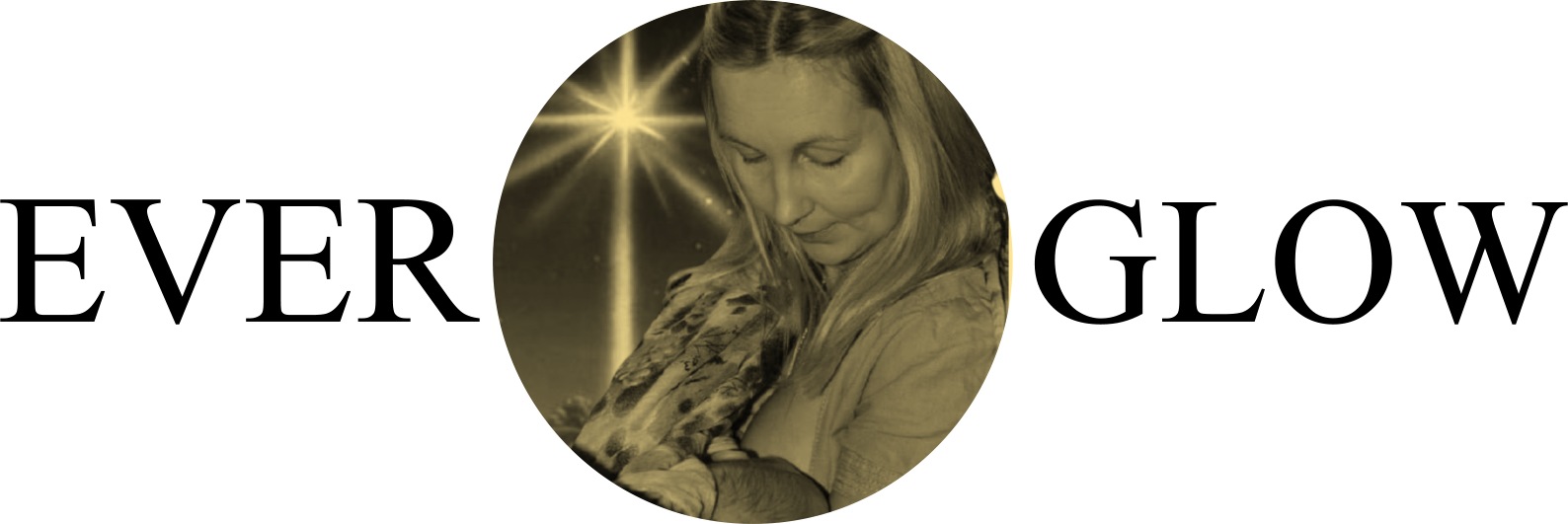Rebecca’s repeated calls for ‘RESPITE’ were ignored because there was and still is NO RESPITE care available for mothers and babies. Only when severe mental health is assessed and diagnosed can the waiting list for a psychiatric bed be accessed, with or without her baby.
Everglow Campaign Research: Patient Accounts and Table of Identified Problems evidences the call for reinstatement of ‘Respite Homes for mothers and babies to prevent escalation of ill mental health.
8B) BARRIERS TO IDENTIFICATION
The evidence we reviewed pointed to a number of barriers to identification, including: • Insufficient training and confidence among GPs in dealing with mental health problems and in the management of perinatal mental health care • Poor awareness of perinatal mental illness among women, their partners and families • A lack of contact between GPs and women during pregnancy and inconsistent team working between GP practices and midwives and health visitors • A lack of focus on mother and baby wellbeing after initial 6-8 week checks • Women feeling dismissed or overly reassured when discussing their problems with GPs • Time pressures on GP consultations • Significant inconsistencies and discontinuities in the system • A lack of focus on the mother and baby relationship •
Considerable stigma and a fear among women that their baby might be taken away if they admit their difficulties.
8C) INADEQUATE MEASURES
https://www.england.nhs.uk/
The Perinatal Mental Health Care Pathways
Summary
As set out in Implementing the Five Year Forward View for Mental Health £365 million is being invested in specialist perinatal mental health services so that by 2021 an additional 30,000 women each year can receive evidence-based treatment, closer to home, when they need it.
The guidance provides services with evidence on what works in perinatal mental health care, as well as case studies describing how areas are starting to make this a reality.
New Projects: KMPT: THRIVE- Psychological support for birth trauma and loss: Referral is for mothers with pre-existing conditions and moderate to severe mental health and can only be made through medical professionals and assessment procedures.
The Everglow campaign will provide services to prevent escalation to these conditions

